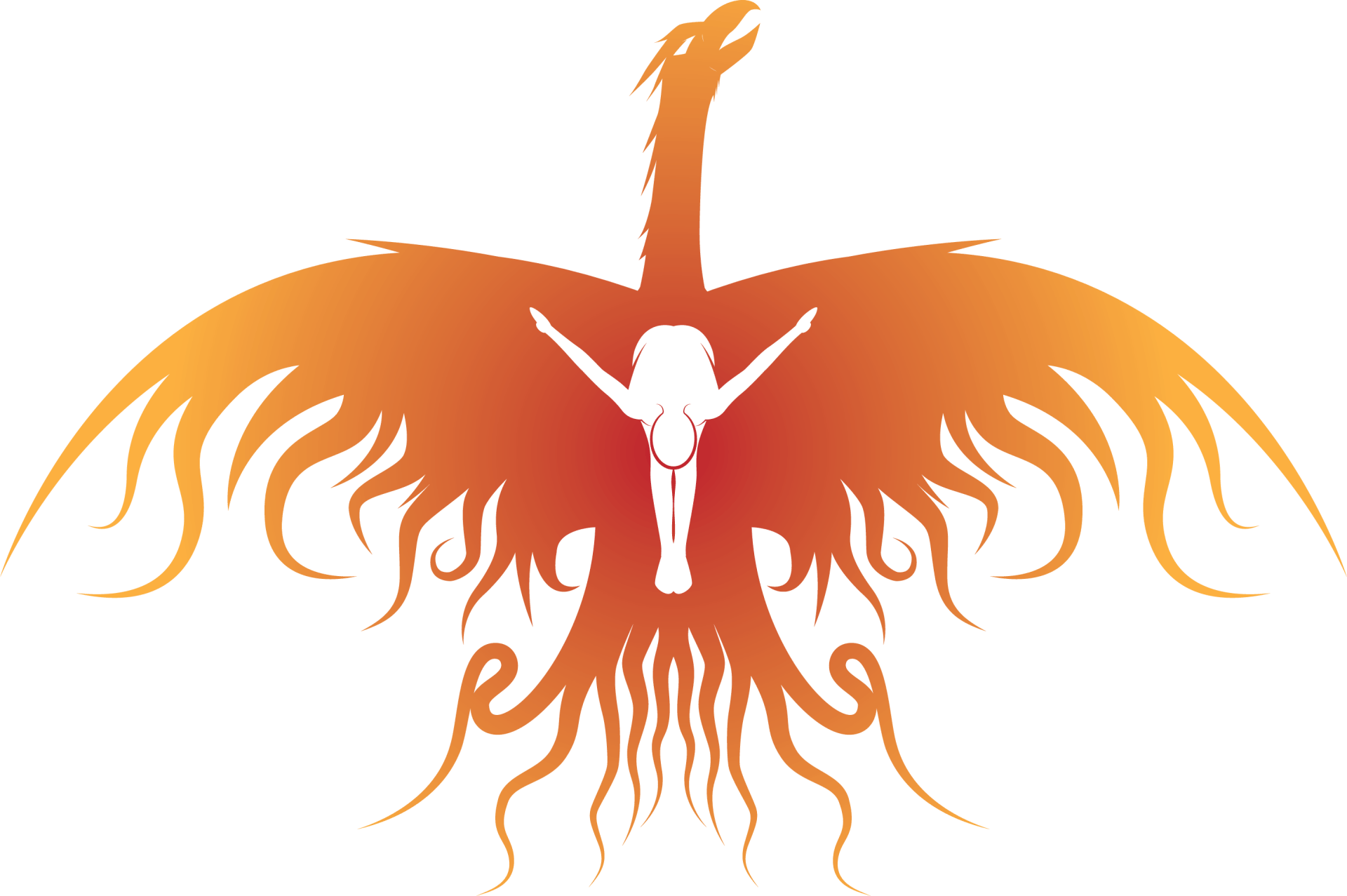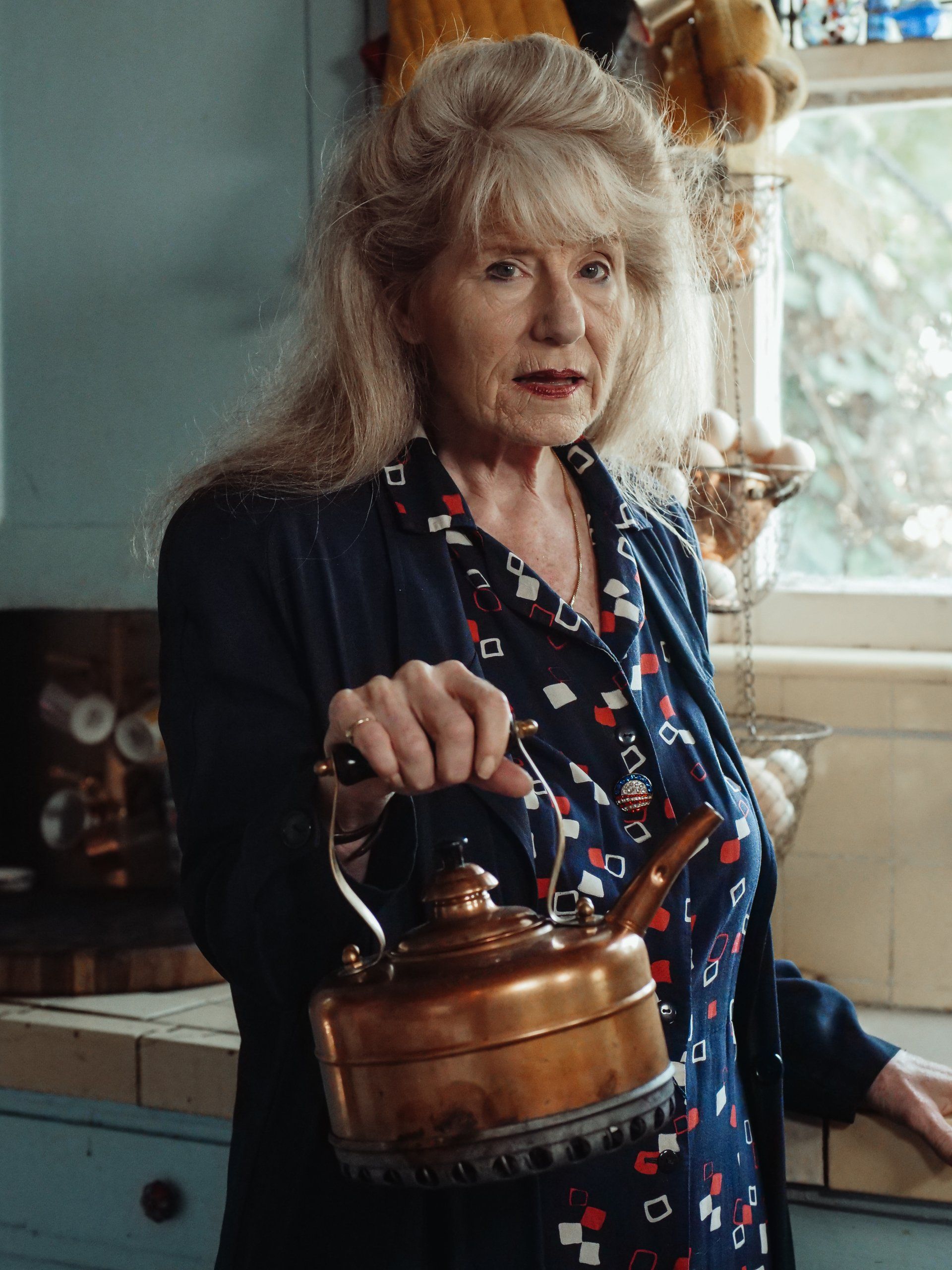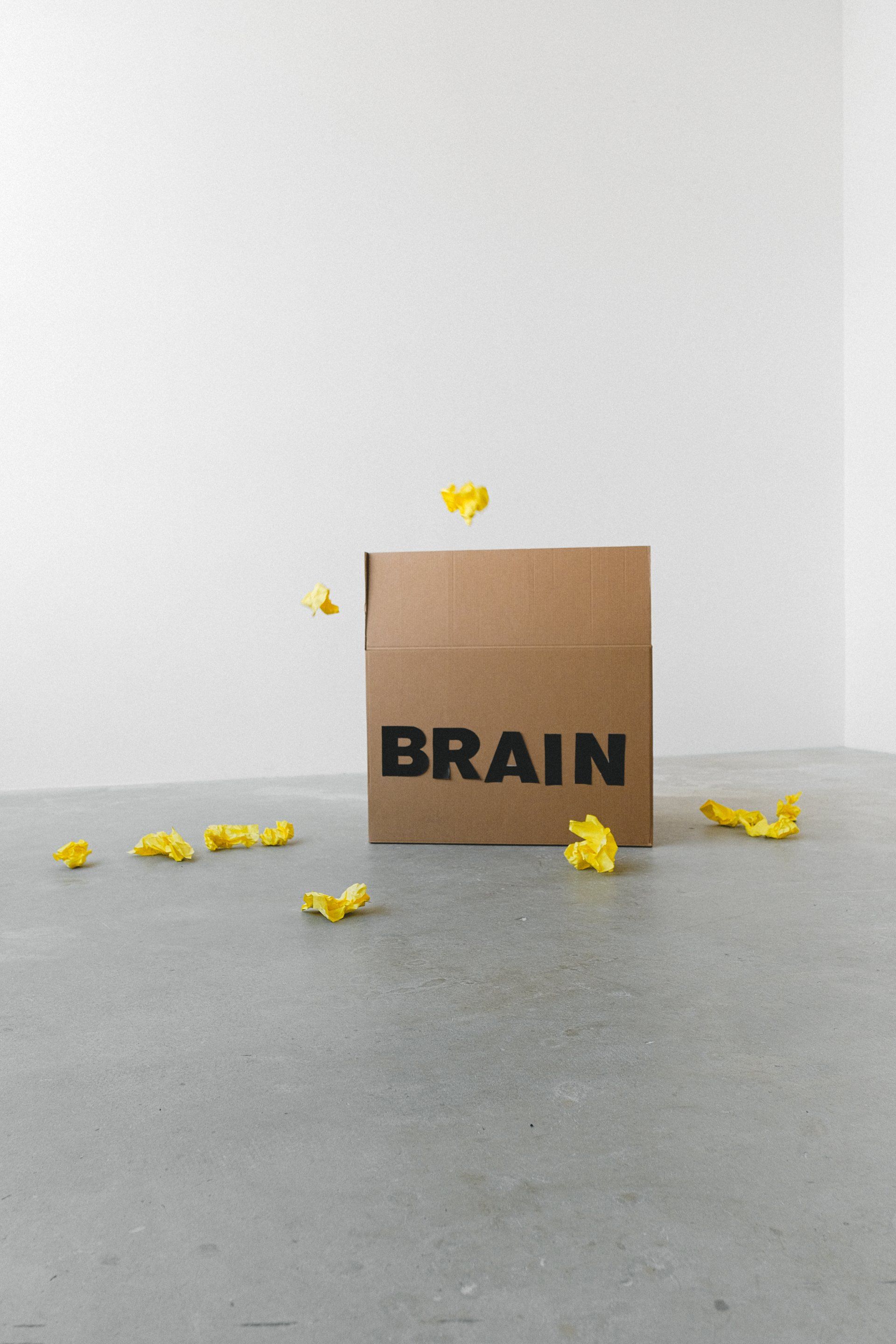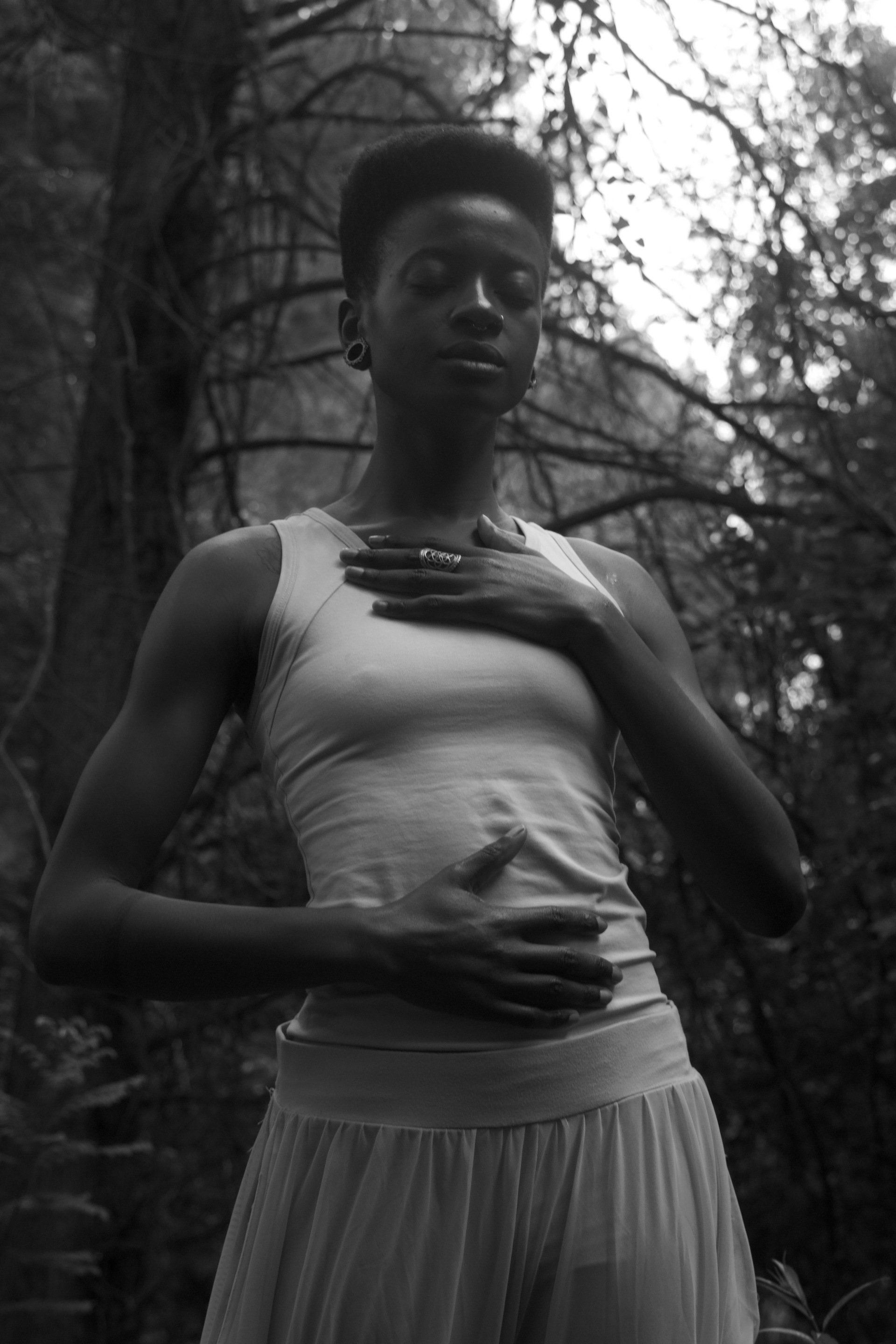"We have a brain for one reason and one reason only -- that’s to produce adaptable and complex movements. Movement is the only way we have affecting the world around us… I believe that to understand movement is to understand the whole brain. And therefore it’s important to remember when you are studying memory, cognition, sensory processing, they’re there for a reason, and that reason is action." -Daniel Wolper, neuroscientist
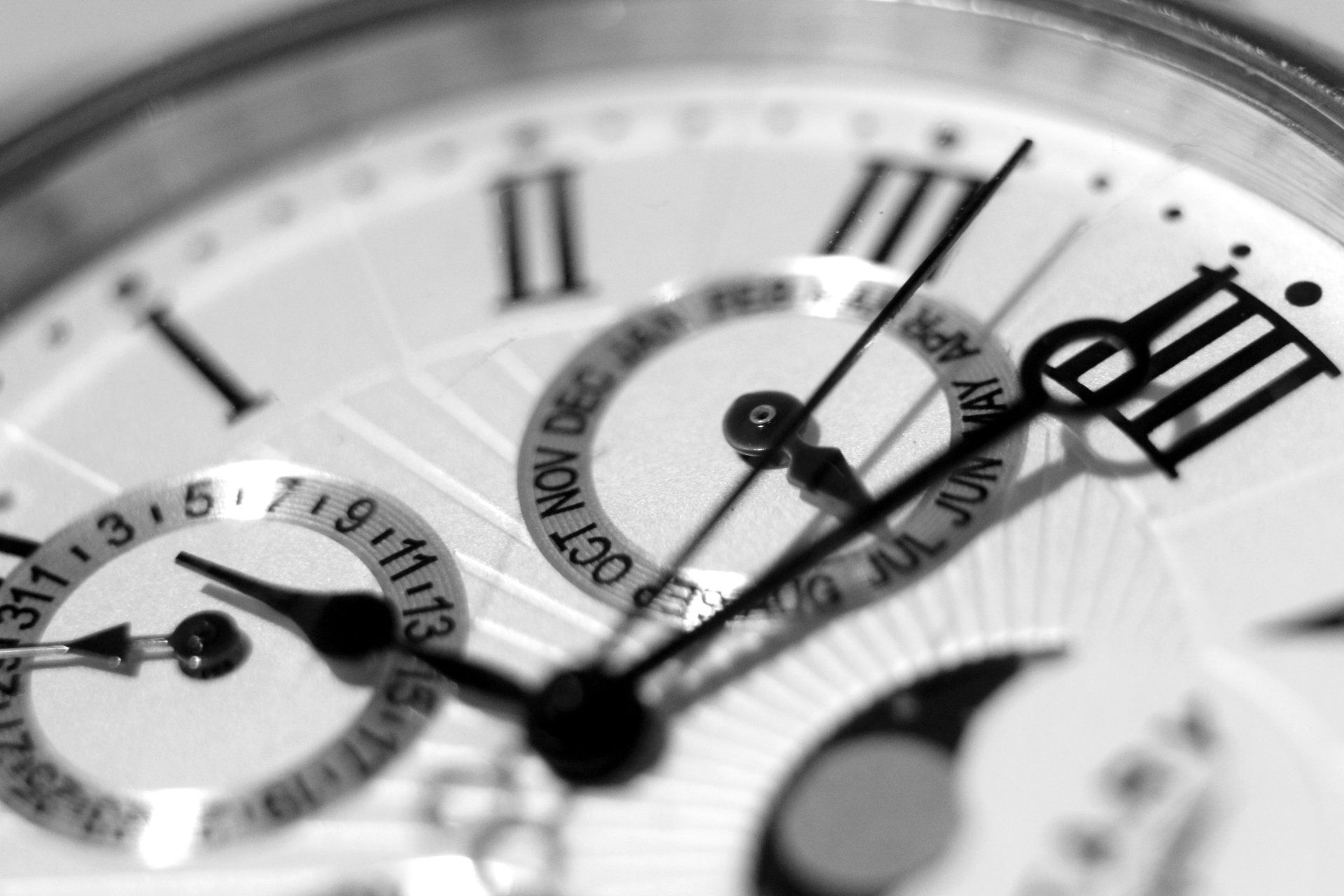
PRECISION "The exercises were designed with a precise goal in mind to reach the full benefit of each and every exercise. You must pay the utmost attention to detail. All exercises have a clear structure, a precise form, and an optimal dynamic. Work with quality instead of quantity." (The Pilates Studio Teacher Training Manual/1997)
Our fourth Principle in the Pilates Method is PRECISION. It's very interesting to me as I write this definition out. It's probably a good reason why those of us trained "classically" are such sticklers when it comes to the regime. It's so the opposite of what is taught in gyms or gym like settings. And why teachers like me are so irritated with how those classes are taught. Gyms are the "wham, bam, thank you ma'am" of fitness. They are the McDonalds of Pilates, along with some other boutique studios. WHAM, BAM, thank you MA'AM! Reminds me of that saying about "You are what you eat, so don't be cheap, fast or easy".
THIS is the huge difference between what Romana and Sari taught, and what the other "lattices" teach. THE BODY!!! It's the hardest part to understand, in my opinion. Who wants to go so deep into their body and understand? Most people aren't that deep on a daily basis. Pilates is deep. Like you've dug all the way to China and you're tapping on the surface and wondering how you can go deeper. Deep. Learning and understanding your own body, internally as well as externally, is hard. Most people aren't interested in this work. Ever. Which is fine, to each their own. To master your Pilates work, this aspect cannot be overlooked.
“All that is important is this one moment in movement. Make the moment important, vital, and worth living. Do not let it slip away unnoticed and unused.”
― Martha Graham
The Body. The illusive wonderment of the Pilates world. It's often argued that anatomy should be taught. Joseph Pilates didn't teach anatomy. "He was the genius, not you", Romana and Sari would exclaim. Maybe you should learn it the way he invented. Understand what the exercises are for and look to where you can apply them to your client. Joseph Pilates used to make people with rods in their spines do "Rolling like a Ball". I know, because his clients followed Romana and we used to teach them as apprentices. (BTW, some of the ugliest Pilates you've ever seen. But they did the advanced work!) It's very hard for newbie teachers and "Contemporary" teachers to understand this concept. And yet it goes right into understanding the Precision part of the principles. Now, learning your body, internally, may be helped by learning anatomy. By all means, you should learn it, if it helps you. But it's not necessary at all to understand and apply the method of Contrology. As my Healing teacher, Pat Longo, says about healing, "If you want to learn Reiki, learn it. But it's not necessary to do energy healing". It's the same idea in Pilates.
I would argue learning the body is the intuitive part. In Pilates, we learn about the Five Parts of the Mind: Intuition, Will, Memory, Intelligence and Imagination. Actually, learning the body also takes Imagination and Intelligence, too. And my smart mouth wants to chime in that the "intelligence" part is another reason why people don't want to be bothered. Or maybe it's the lack of Will? That, too, is hard for many people. I feel this has a lot to do with courage and fear, and most people pick fear. Learning the body from your inside out takes Intuition, Intelligence and Imagination. It takes your Will to create and execute.
In my experience, the best teachers who worked hard within understanding their own bodies, learned how to teach other people's bodies. In the program, we had to adhere to a certain level of body awareness. We had to learn the advanced work, or we wouldn't graduate. We had to keep our bodies healthy and trim. As apprentices and teachers, we are often working out constantly to dig out layers of understanding in our own bodies. We did that every 200 hours in our Beginner, Intermediate and Advanced levels.
Your workout will have a different focus in your body, depending on what your body is working on in that moment. Are you working on strength in your Intermediate mat? Flexibility on your Advanced Reformer? Do you have an injury or aliment that needs attention and what exercises should you leave alone and what exercises should you add more focus? Currently, I grapple with learning Pilates in my body. I have lower back pain, which before I had this issue, I was really good at teaching to clients. Now, my workout is the one I would teach a client. Frustrating for someone who has done the advanced work and just wants to move. And, just adds to the precision of my workout. It's not cookie cutter WHAM, BAM, THANK YOU MA'AM exercise. I have to pay a lot of attention to how I'm executing a move inside my body, not just the execution of said move. That type of precision and consciousness is a lot of work, and not easily preformed in vigorous and straining manner.
How are you enjoying the Six Principles of Pilates thus far? Are you learning anything new? Do you have experience in applying these principles to your workout? Do you have anything to add from your experience or do you have any questions? I would love to hear from you!
Love, Light and Blessings,
Julia, xo
"I believe that the unity of mind and body is an objective reality. They are not just parts somehow related to each other, but an inseparable whole while functioning. A brain without a body could not think … the muscles themselves are part and parcel of our higher functions". -Moshe Feldenkrais
